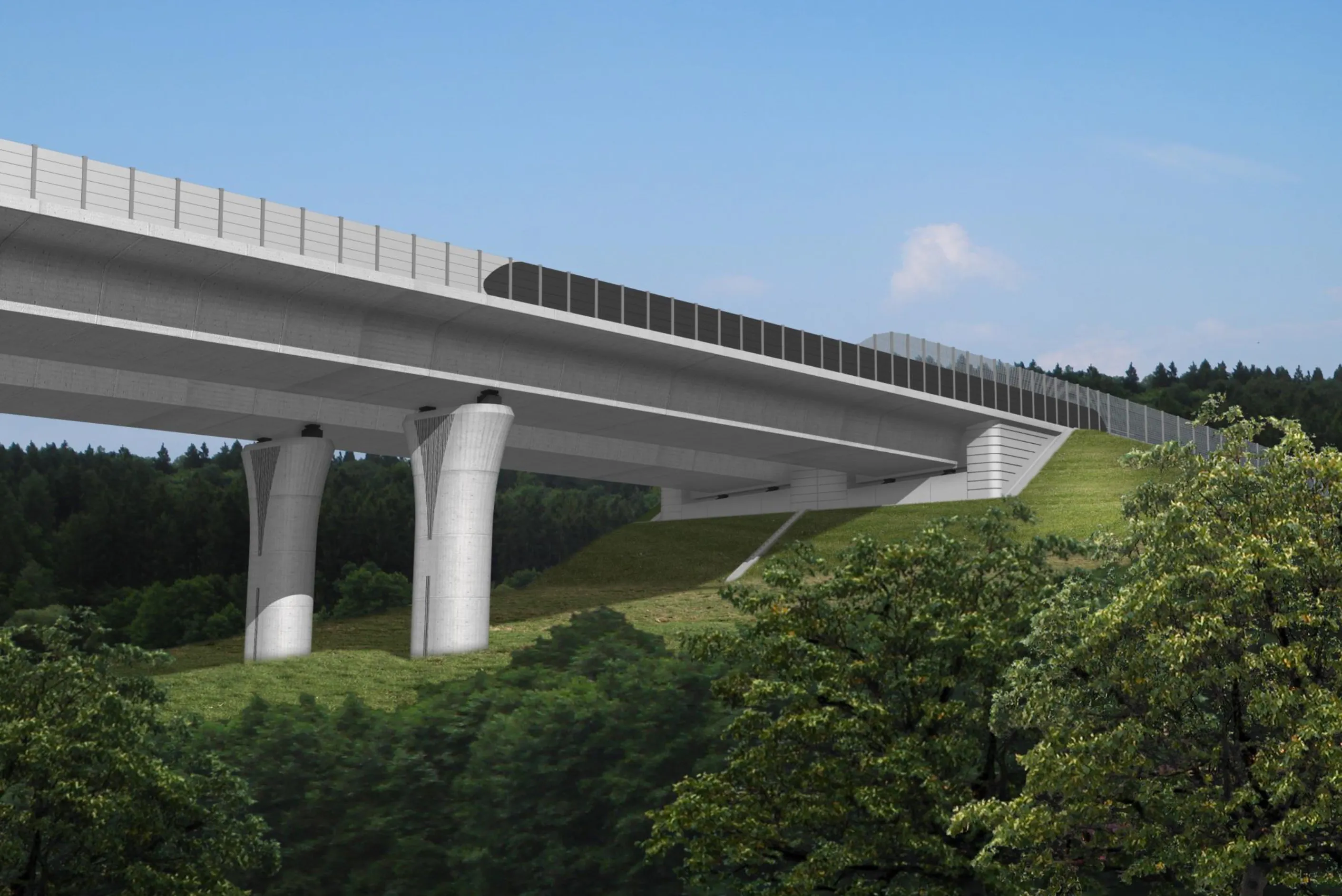
The contract for a major road project in Germany has been awarded for the A49 highway. The work will be carried out under the PPP model and is located close to Hesse.
The project is a design-build-finance-operate-maintain contract for A49 highway between Fritzlar and Ohmtal interchange. This 62km deal will be handled jointly by STRABAG Großprojekte and LEONHARD WEISS to close the gap between Schwalmstadt and the Ohmtal interchange
The project has a value of over € 700 million. The deal is for the construction of a 31km long section of the A49 highway between Schwalmstadt and the Ohmtal interchange in northern and central Hesse. The PPP project also includes the design and proportionate financing as well as the maintenance and operation of the motorway over a distance of nearly 62km between the Fritzlar junction and the Ohmtal A5/A49 interchange.
The client is the Federal Republic of Germany, represented by the State of Hesse, represented by Deutsche Einheit Fernstraßenplanungs- und -bau (DEGES). The consortium A 49 Autobahngesellschaft has been established for the project and is held 50:50 between STRABAG Infrastrukturprojekt and Meridiam Investments SAS. The PPP contract is for a 30-year concession.
Financing has been provided by the KfW IPEX-Bank (Germany), the European Investment Bank (EIB), MEAG (Germany) and ČSOB (Czech Republic, part of the Belgian KBC Group). In all the project will cost around €1.3 billion.
“We are pleased about the renewed trust in our ability to successfully realise large infrastructure projects in public-private partnerships, something we are already demonstrating in Germany with the A8 and A5 motorways,” said Thomas Birtel, CEO of STRABAG.
The A49 between Fritzlar and the Ohmtal interchange is divided into four sections. The first section to the Neuental junction is already open to traffic. The second section to the Schwalmstadt junction is currently under construction by HessenMobil. Realisation of the new sections three and four, from Schwalmstadt over the Stadtallendorf-Nord junction to the Ohmtal interchange, should begin in September 2020. The contract includes upgrading the A5 along a 1.5km section at the Ohmtal intersection. The main construction works are scheduled for completion in the third quarter of 2024.






